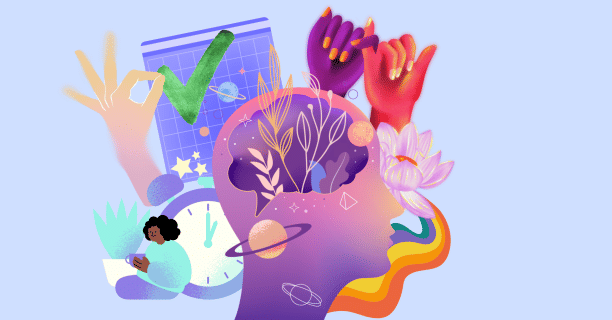Everything in life requires practice

There's a widespread misunderstanding that some things in life require natural skills or a one-time lucky break. However, nobody tells us how many aspects of life require practice. The reality is that life is a long-running practice session in which we actively seek to improve how we live and who we are – to achieve completeness in being.
Unless they possess natural talents, the majority of the population is aware that certain activities require diligent practice. This can relate to academics, sports, the arts, etc. What people might not acknowledge, or even know, is that maintaining good interpersonal relationships require practice as well.
Making friends, for example, is more than just a casual form of socialising; it is a skill that we carefully develop. To fully comprehend the subtleties of friendship, we should be able to separate deeper relationships from those that are surface-level and superficial.
This isn't to say that surface-level friendships are inherently bad, but investing our time and energy in maintaining deeper relationships can help improve our mental health alongside our day-to-day lives. We should also not hesitate to establish appropriate boundaries and recognise when someone has not earned the right to be our friend, all of which are necessary components of creating real connections.
Moreover, being a dependable support system for people when they need it is what defines friendship, which goes beyond simple acquaintance. Our ability to empathise, show compassion, and listen intently strengthens our moral fibre and enhances our interactions with others.
Respecting moral values like loyalty, honesty, and dependability not only makes relationships stronger but also increases personal growth for each of us. However, establishing clear expectations and boundaries is necessary to instil mutual respect and reciprocity in friendships.
Practicing introspection can help us be a good person in general. But with it comes the necessity of practicing how to recognise when someone hasn't earned that privilege of being close to us. We should also learn to accept our right to be angry and, eventually, how to handle complex situations or being more forgiving.
Much of life is muscle memory, and I've come to realise there are many more areas of ourselves to flex, stretch, and strengthen than those we're taught in Biology classes. Understanding that our virtues, like muscles, require regular workouts and reinforcement, facilitates continuous personal development.
In the pursuit of our personal growth, we should learn to accept the full spectrum of human emotions and create coping skills to get through life's obstacles. As we learn, our right to experience and express emotions, including anger, is important, as is channelling them in a healthy and constructive way.
Our individual experiences are influenced by a variety of circumstances, including privilege and structural barriers. Practice and self-improvement are worthwhile goals, but not everyone has the opportunity to pursue them. Social justice and inclusivity can only be advanced by acknowledging and resolving these differences.
As friends, parents, co-workers, and members of the community, we have a choice: either we sink further into our narrow self-interests, allowing our most creative abilities to stall and eventually undergo atrophy, or we put in the effort necessary to collaborate with others to more successfully achieve justice, healing, and joyful harmony.
The latter can seem more difficult and yield more risks. However, it can also bring about great comfort as well. So, with practice, the downsides can diminish and eventually become easier to navigate.
In the end, our lives are an ongoing practice – a path of ongoing learning, development, and self-discovery. One thing we can do to facilitate our journey through life is to remain open to the unique opportunities we come across, instead of focusing just on the results. We should strive to be the best versions of ourselves rather than striving for perfection through practice.
 For all latest news, follow The Daily Star's Google News channel.
For all latest news, follow The Daily Star's Google News channel. 
Comments